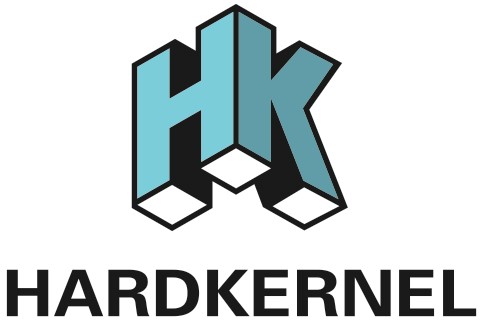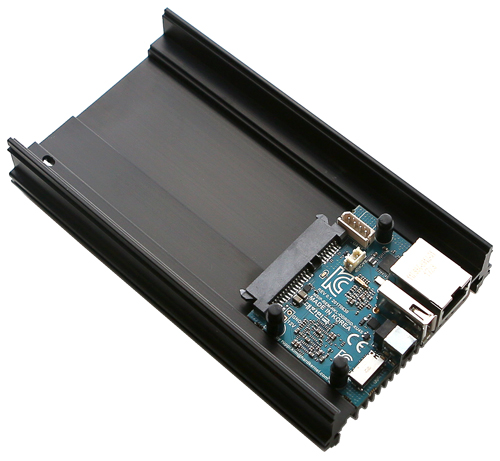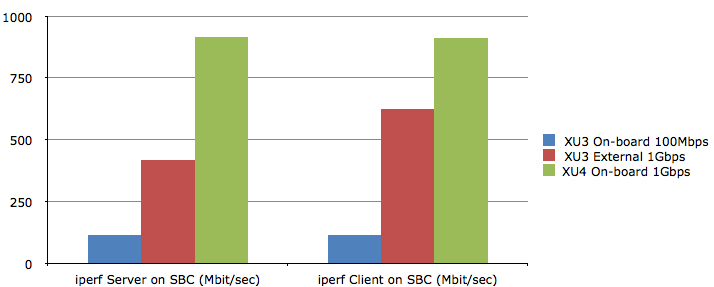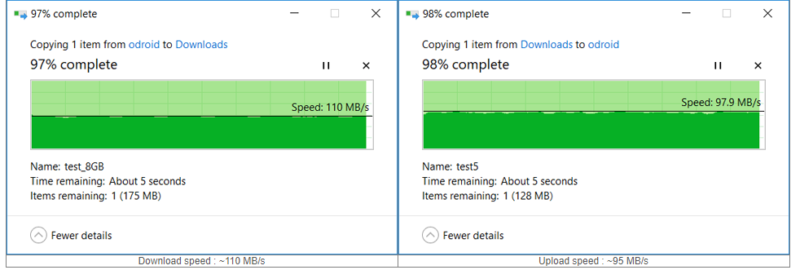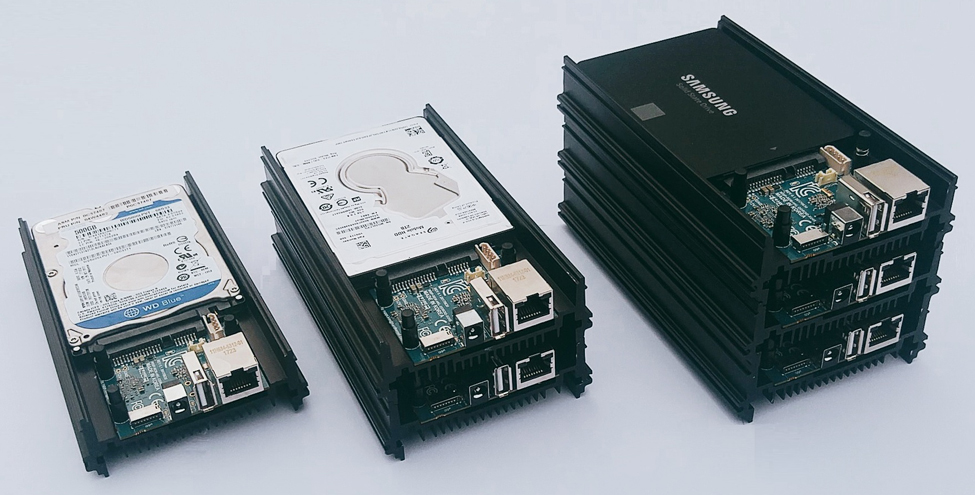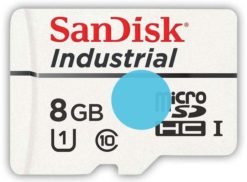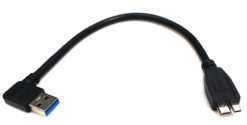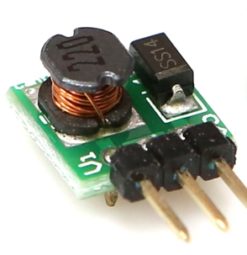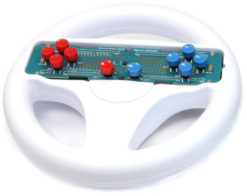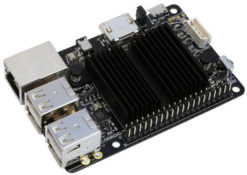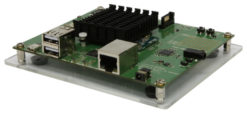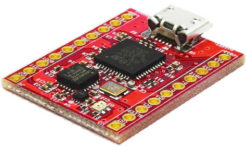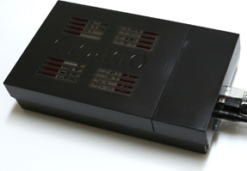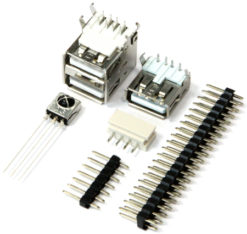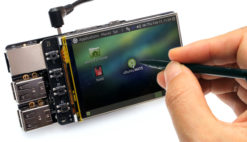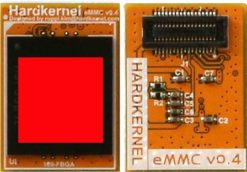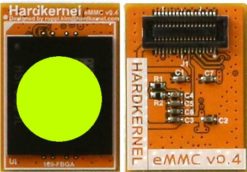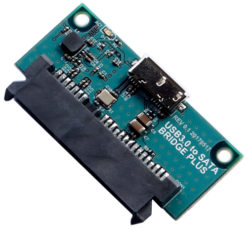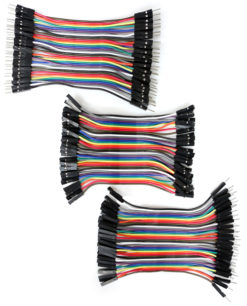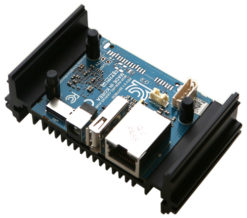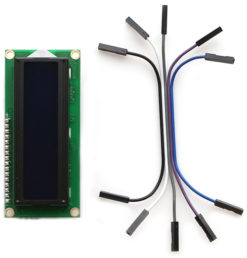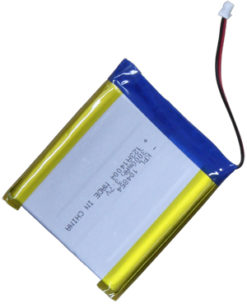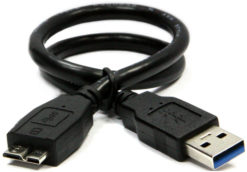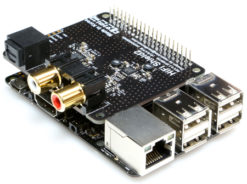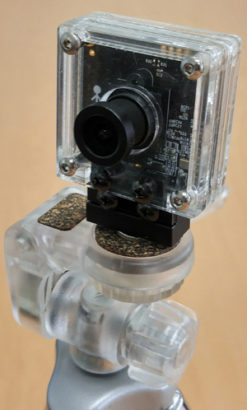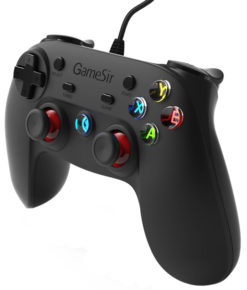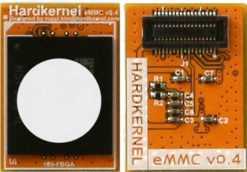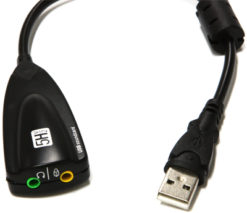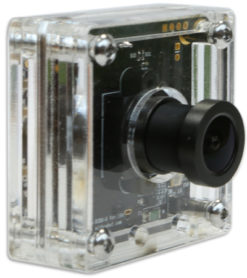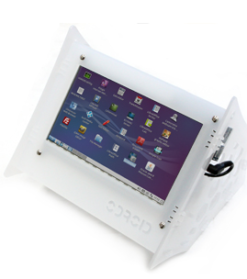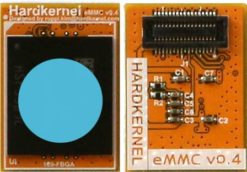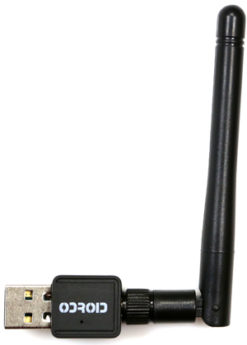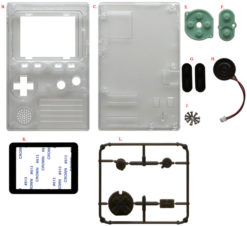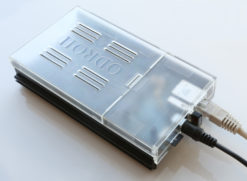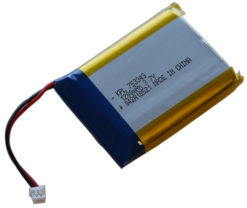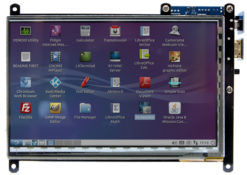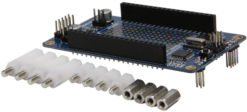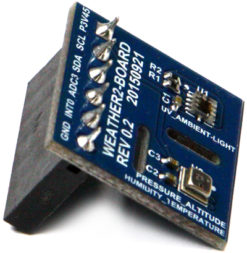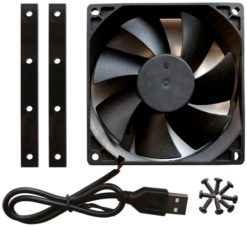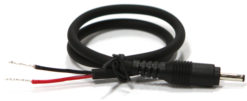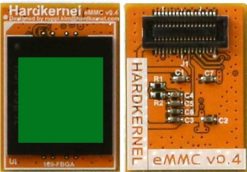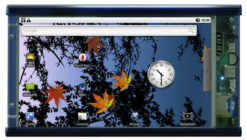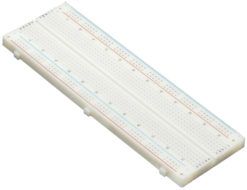(DISCONTINUED)ODROID-HC1 : Home Cloud One
₩58,800
OBSOLETED
This product is no longer available.
For Bank transfer
| Tier | Discount rate |
|---|---|
| 14 ~ 27 | 5% |
| 28 ~ 55 | 6% |
| 56 ~ and more | 7% |
품절
ODROID-HC1 : Home Cloud One
ODROID-HC1 is a mini PC which can be an affordable solution for a network attached storage (NAS) server. This home cloud-server centralizes data and enables users to share and stream multimedia files to phones, tablets and other devices on a network. Ideal for a single user on many devices, sharing between family members, developers or a group. Tailor the ODROID-HC1 to your specific needs. Plenty of software is available with only simple configuration. Determine the storage capacity of your server with a higher HDD/SSD. Depending on your needs, the frame is made to be stackable.
The HC1 is based on the very powerful ODROID-XU4 platform and it can run Samba, FTP, NFS, SSH, NGINX, Apache, SQL, Docker, WordPress and other server software smoothly with full Linux distributions like Ubuntu, Debian, Arch and OMV. Available and ready-to-go OS distributions are on our WiKi. Any OS for XU4 is fully compatible with the HC1. https://wiki.odroid.com/odroid-xu4/os_images/os_images
Installed with a high performance SATA port and a Gigabit Ethernet port, to build a faster network storage device. Engineered metal frame body is designed to store a 2.5 inch HDD/SSD with great heat dissipation.
Key features
* Samsung Exynos5422 Cortex-A15 2Ghz and Cortex-A7 Octa core CPUs
* 2Gbyte LPDDR3 RAM PoP stacked
* SATA-3 port for 2.5inch HDD/SSD storage up to 15mm thickness
* Gigabit Ethernet port
* USB 2.0 Host
* UHS-1 capable micro-SD card slot for boot media
* Size : 147 x 85 x 29 mm approx.(including Aluminium cooling frame)
* Linux server OS images based on modern Kernel 4.14 LTS
* We guarantee the production of ODROID-HC1 to the middle of 2020, but expect to continue production long after.
Example of setup
The basic setup requires additional items as below.
– 1 x 8GB microSD card for OS installation
– 1 x 2.5inch HDD or SSD
– 1 x 5V/4A Power Supply
– 1 x Router
– 1 x Ethernet cable
All about HC1 and HC2 by ExplainingComputers
Quick Start Guide
We recommend 5V 4A adaptor. Inner diameter is 2.1mm, outer diameter is 5.5mm. Center is Positiver an Outer is Negative.
Normally ODROID-HC1 consumes about 1~2Amp in most cases. But it can go up to 4A when the computing load is very high with a few USB devices connected.
CPU/RAM PERFORMANCE
We ran several benchmarks to measure the computing power on the HC1/XU4. The same tests were performed on the Raspberry Pi 3 Model B, ODROID-C1+, ODROID-C2 and ODROID-HC1/XU4.
The values of the test results were scaled uniformly for comparison purposes. The computing power of the HC1/XU4 was measured to be ~7 times faster than the latest Raspberry Pi 3 thanks to the 2Ghz Cortex-A15 cores and much higher 64bit-wide memory bandwidth. Using the HC1/XU4 as a computer provides a “professional server like” experience, unlike the sluggish performance of most single-board computers!
Particularly for developers, compiling code on the HC1/XU4 is super fast. The high-performance 2GB DDR3 RAM is an additional advantage allowing most programs to be compiled directly on the HC/1XU4.
| Benchmarks (Index Score) | Raspberry Pi 3 | ODROID-C1+ | ODROID-C2 | ODROID-XU4/HC1 |
| Unixbench: Dhrystone-2 | 865.4 | 1571.6 | 2768.2 | 5941.4 |
| Unixbench: Double-Precision Whetstone (x3) | 1113 | 1887.3 | 3076.8 | 6186.3 |
| Nbench 2.2.3: Integer (x40) | 619.92 | 1173.6 | 1808.92 | 2430.52 |
| Nbench 2.2.3: Floating-Point (x100) | 781.8 | 1245.3 | 2300.3 | 3787.3 |
| mbw100: Memory Bandwidth (MiB/s) | 542.912 | 616.339 | 1472.856 | 2591.461 |
ETHERNET PERFORMANCE
The HC/1XU4 has an on-board Gigabit Ethernet controller. Our bi-directional streaming speed was measured at ~910 Mbps.
Thanks to the advanced technology of the RTL8153 controller, the HC1’s Ethernet controller easily outperforms the connectivity solutions of prior generations.
Test command
Server mode : iperf -s
Client Mode : iperf -c [ip address] -P 10 -W 32k
| Ethernet performance | XU3 On-board 100Mbps | XU3 External 1Gbps | HC1/XU4 On-board 1Gbps |
| iperf Server on SBC (Mbit/sec) | 114.0 | 419 | 915.0 |
| iperf Client on SBC (Mbit/sec) | 114.0 | 625 | 911.0 |
NETWORK STORAGE PERFORMANCE
These days, network storage applications like NAS and cloud services are popular. We ran the famous OMV (Open Media Vault) OS on the HC1 to measure network storage performance.
Seagate 2.5inch 5TB HDD was connected to the HC1 to the SATA port on the HC1. The Gigabit Ethernet port was connected to a Windows-10 laptop via a simple switching hub.
We copied a big 8GB file from the HC1 to the PC via a Samba connection.
This resulted in a download speed of ~110MB/sec. The upload speed was measured at ~95MB/sec.
The transfer speed is very close to the high-end commercial NAS product in the market.
The HC1 is a great solution to make a DIY personal Network Storage Server!
ODROID-HC1 is tested with various 2.5inch drives
SPECIFICATIONS
| CPU | Samsung Exynos5422 ARM® Cortex™-A15 Quad 2.0GHz/Cortex™-A7 Quad 1.4GHz |
| DRAM Memory | 2Gbyte LPDDR3 RAM PoP (750Mhz, 12GB/s memory bandwidth, 2x32bit bus) |
| GPU | Mali™-T628 MP6 OpenGL ES 3.1 / 3.0 / 2.0 / 1.1 and OpenCL 1.2 Full profile |
| HDD / SSD SATA interface | JMicron JMS578 USB 3.0 to SATA Bridge with UAS capability to archive near ~300MB/sec transter speed 7mm, 9mm, 12.5mm and 15mm thick HDD/SSD can be installed. |
| Micro-SD Slot | UHS-1 compatible micro-SD slot upto 128GB/SDXC |
| USB2.0 Host | HighSpeed USB standard A type connector x 1 port |
| LEDs | Power, System-status, SATA-status |
| Gbit Ethernet LAN | 10/100/1000Mbps Ethernet with RJ-45 Jack ( Auto-MDIX support) |
| Power Input | DC Barrel Jack Socket 5.5/21.mm for 4.8V~5.2 input (5V/4A Power supply is recommended) |
| System Software | Ubuntu 16.04 + OpenCL on Linux Kernel 4.9 LTS Debian, DietPi, Arch-ARM, OMV and other Linux distributions are available too. Full source code is accessible via our Github. |
| Size | 147 x 85 x 29 mm (weight: 226gram) |
HDD compatibility issue.
One user(@www139) reported Dell Constellation.2 st9500620ns HDD is not compatible with ODROID-HC1.
https://forum.odroid.com/viewtopic.php?f=97&t=28739#p204839
HDD Storage parking issue.
There is sound “clack” you can hear from the HDD when the system almost the end of power-off process.
To avoid the behavior, we strongly recommend applying this script.
https://wiki.odroid.com/odroid-xu4/troubleshooting/shutdown_script
Compatible Products
연관 상품
Obsolete Products
(DISCONTINUED)ODROID-VU7A Plus: 7inch HDMI display with Multi-touch and Audio capability
Obsolete Products
(DISCONTINUED)oCam-1CGN-U Plus : 1MP USB 3.0 Color Global Shutter Camera
Obsolete Products
(DISCONTINUED)ODROID-VU7 : 7inch 800×480 HDMI display with Multi-touch
Obsolete Products
(DISCONTINUED)ODROID-MC1 : My Cluster One with 32 CPU Cores and 8GB DRAM

 English
English